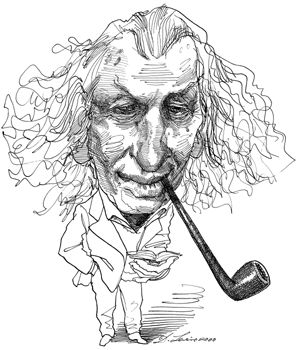

Enright is a noted English poet and critic. A survivor of Belsen voiced the same sentiment when, reflecting on the concentration camps, he wrote, When in death we are in the midst of life. Taken together they form an eloquent and often amusing testament to the richness of the subject. Enright, I was moved to the thought that on no theme have writers shown themselves more lively. Enrights widely praised anthology An intriguing and not always melancholic collection of insights on a subject of. In these essays, humor jostles horror and the homely alternates with the farfetched. Because euphemisms are so intimate and integral to our thinking, any study of them is bound to throw light on the human condition, both past and present. Such writers as Diane Johnson, Robert Nisbet, John Gross, Robert Burchfield, and Joseph Epstein bring a variety of perspectives and sensibilities to bear on these topics. The result is a delightful and provocative collection that not only includes general reflections on euphemism and its history but also treats such specific categories as sex, death, and other natural functions politics the language of the great Christian texts euphamisms spoken to and by children the law medicine office life and the jargon of official spokesmen, military communiques, and tyrants.


Enright invited sixteen distinguished writers to ponder and explore the ubiquitous phenomenon of euphemism. then with anthologies: The Oxford Book of Death (1983), The Oxford Book of the. My only complaint, which I suppose is a matter of personal taste, is that some of the quotes are too long, indeed they are full passages of text that can go on for a page or longer, and I prefer things more concise.Can a bomb ever be "clean"? Are we relieved to be warned that there will be an " odor " when once we were told that something would "stink"? Or, to put it another way, when is a euphemism a mark of good taste and when is it a sign of verbal obfuscation? To answer such questions, D.J.

It's well-organized and indexed, something often lacking in these sorts of compilations. Some quotes are heartbreaking, some are heartwarming, and most provide interesting food for thought. In just the few months I've had it, it's been a fantastic resource for further reading as well as a source of solace in a time of grief. Enright, October 15, 1987, Oxford University Press, USA edition, in English. Its contents were a mystery to me until my mom gave this to me as a resource for my poetry, which often explores death. Growing up, I assumed it must be like The Egyptian Book of the Dead or the Guide for the Recently Deceased in Beetlejuice, so while curious, I viewed it with trepidation and kept my distance. I have the old hard-bound version, given to my mother after my father died, with passages she underlined and my little sister's crayon scribbles.


 0 kommentar(er)
0 kommentar(er)
